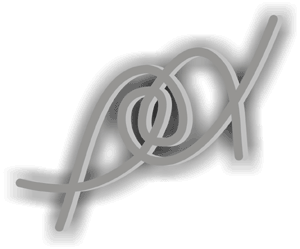Abstract
Early Algebraic knowledge has been a subject of interest in national and international research, facing the challenge that represents the transition from arithmetic to algebraic thinking. Faced with this reality, this article discusses the theoretical aspects of the development of algebraic thinking, focusing on the continuing education of teachers who teach mathematics in the primary grades. In the light of the Historical-Cultural Theory, we present the conception of algebraic thinking as theoretical thinking mediated by algebraic concepts. In this journey, we discuss the concept of generalization from Davidov and layers of generality in Radford. Assuming that the solution to the algebra problem in the early years involves teacher education, we understand that it is essential that the teacher also recognizes, in formative processes, the use of semiotic resources to communicate his or her algebraic thinking. In this way, we analyze a proposal for a triggering situation for teacher education and discuss its potential for the development of algebraic thinking. We conclude that following the movement of substantial generalization and analytical work with indeterminate quantities can bring important contributions to the organization of pedagogical activity that aims to overcome purely arithmetic thinking in the development of algebraic thinking, understood as theoretical thinking mediated by algebraic concepts in a specific semiotic system of cultural signification.
Keywords
Algebraic Thinking in the Early Years; Generalization; Theoretical Thinking; Historical-Cultural Theory; Teachers’ Education

 Thumbnail
Thumbnail
 Thumbnail
Thumbnail
 Thumbnail
Thumbnail
 Fonte:
Fonte:  Fonte:
Fonte:  Fonte: Elaborada pelos autores (2021)
Fonte: Elaborada pelos autores (2021)